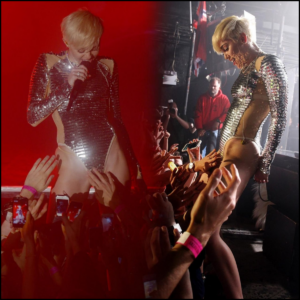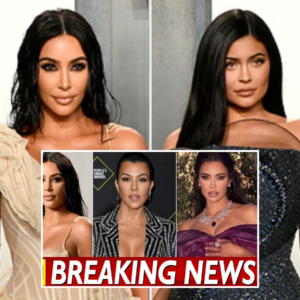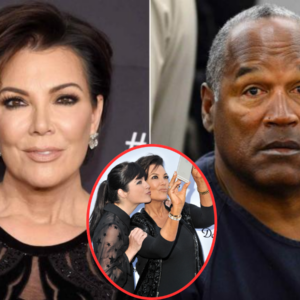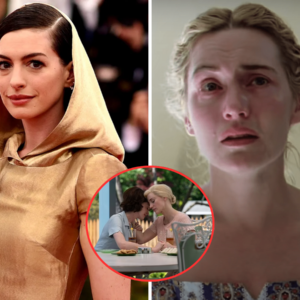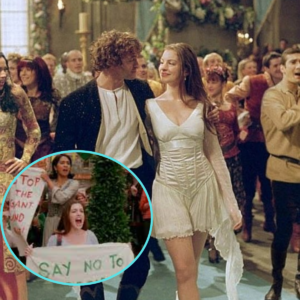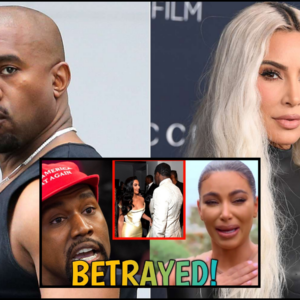
In case you hadn’t heard, Anne Hathaway is cool again. So is Zooey Deschanel. And Taylor Swift. In the gladiator ring of pop culture, predicting who’ll get the metaphorical thumbs up or the thumbs down is an increasingly bewildering task. Step back and watch the process for long enough, and the seemingly random fluctuations of who is in and who is out may leave you with whiplash. In the latest reshuffling, it appears we have decided to bestow our favour on a few familiar faces. Specifically, faces that were once deemed to be too sweet, too eager, too open. Most significantly: too earnest.
Our sudden acceptance of the earnest celebrity isn’t merely a fluke – it’s a symptom of a much larger cultural shift. As a new generation comes of age, new values, priorities and perspectives are also taking hold. A millennial preference for irony, edge and sarcasm has been phased out. Earnestness is in, as are the stars that have most famously embodied it.

Zooey Deschanel was the indie queen of the 2000s, an archetype of wide-eyed quirk with a bundle of Smiths albums under her arm. The image crystalised in 2009, with her role as the titular love interest in the romcom 500 Days of Summer, and then two years later via her sitcom New Girl. With polka dots, vintage clothes and Peter Pan collar in tow, she became the poster child for the twee and “manic pixie” movements that dominated the era. A few years earlier, a young Anne Hathaway was anointed into Hollywood royalty via Disney’s The Princess Diaries (2001). By 2006, her turn in The Devil Wears Prada had made her a household name and burgeoning cultural icon. In every interview, she exuded a grinning, I’m-just-happy-to-be-here energy. Taylor Swift also strummed her way onto the scene in the 2000s as a golden-haired, angel-voiced embodiment of goodness. She was the ever-polite, ever-humble country star. She wore her heart on her sleeve. She was unwaveringly likeable.

As the 2010s wore on, however, people became disenchanted with this brand of unironic earnestness. “I’ve been trying for years to figure out why I don’t like Zooey Deschanel,” one 2011 thinkpiece in The New Republic began. “I’ve always known I’m not alone: A quick Google search will reveal plenty of female writers who take issue with the indie actress.” Deschanel was falling out of favour. “She is troublingly girlish, even childish,” the writer mused, adding that she’s “programmed to talk and behave exclusively as an adorable oddball”.
As for Hathaway, her infamously sincere Oscar acceptance speech in 2012 – “it came true!” she beamed – gave rise to a movement of so-called “Hathahaters”. Apparently, her earnestness off and on screen was annoying; it was rubbing us all the wrong way. “She’s got this theatre-kid thing where she adopts the mood of every situation she’s in […] but wildly overcompensates every time,” one critic whined to Hollywood.com. “She always seems like she’s performing, and her favourite act is this overstated humility and graciousness.” By 2016, Swift’s downfall had also commenced. #TaylorSwiftisOverParty trended number one on Twitter that year. “Taylor Swift isn’t like the other celebrities,” proclaimed Vice. “She’s worse.” Evidently, what had first been embraced as quirky and cute had become grating and cringeworthy over time. We rolled our eyes and roundly dismissed the earnest celebrity from our good graces.
News
Hope Liam doesn’t see! Miley Cyrus is intimately groped by overamorous fans in shock never-before-seen footage from London gig
Two years ago she went through what can only be described as a wild child stage. And while Miley Cyrus has tamed her ways since reuniting with her former fiance Liam Hemsworth, her raucous behaviour has come back to haunt…
Kim Kardashian accused of using AI for ‘fake voiceover’ as fans say she ‘sounds weird’
Kardashian’s fans have raised eyebrows after noticing that her voice in some social media videos seems unnatural and reminiscent of being generated by AI technology. Their comments quickly spread across social media, sparking interest and debate over whether she is…
Kris Jenner Is ‘Excited and Anxious’ to See Her Family’s Real-Life Story Portrayed in ‘American Crime Story: The People v. O.J. Simpson’
“It will be kind of weird to watch it on TV as someone who lived that whole thing,” Jenner said at an event in Miami on Wednesday Her life may be in a completely different phase now, but Kris Jenner…
Anne Hathaway Reveals She Had a Miscarriage During Run of Off-Broadway Play, Recalls ‘Pain’ of Trying for Baby
“It’s really hard to want something so much and to wonder if you’re doing something wrong,” Hathaway shared Anne Hathaway is opening up about a difficult experience. In a new interview for Vanity Fair, the Idea of You actress, 41, elaborated on an Instagram post…
Ella Enchanted Is 20! Anne Hathaway Recalls Throwing Cast Party That ‘Turned Into This Full-Blown Rager’
The actress said she hosted the party with her cousin at an apartment in Dublin, Ireland Anne Hathaway hosted one memorable Ella Enchanted party two decades ago. During a “Behind the Scenes” segment on The Drew Barrymore Show for an episode that aired Dec….
Kanye West REVEALS How Kim Kardashian Was Diddy’s MAIN Freak-Off Worker🥶
Kim Kardashian and Kanye West Rumors: Debunking the Claims Rumors and conspiracy theories about celebrities are nothing new, but in the age of social media, they can spread like wildfire. This is the case with a recent rumor involving Kim…
End of content
No more pages to load
